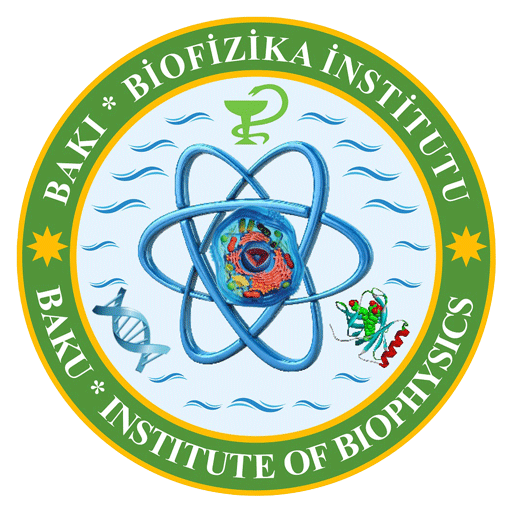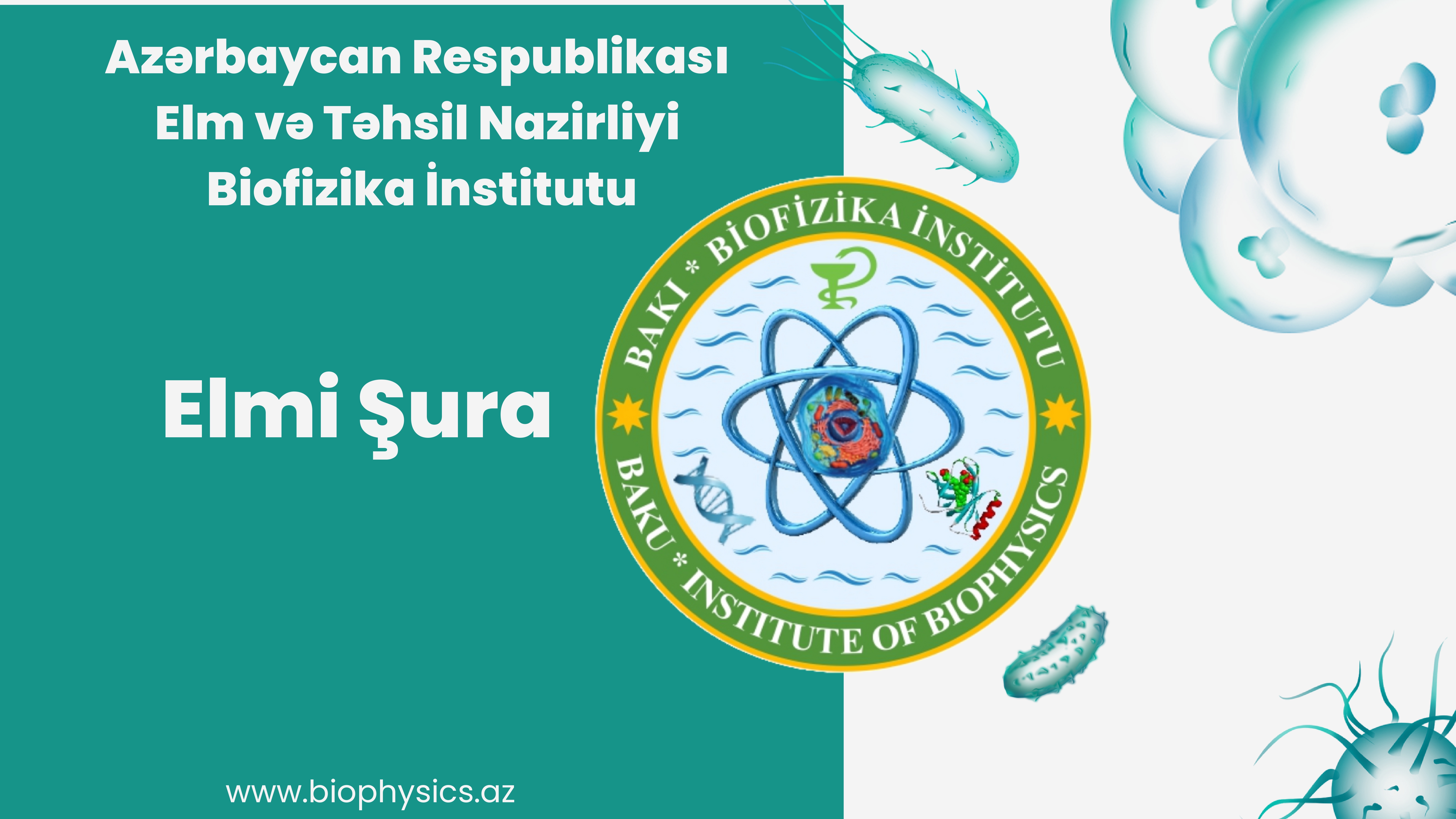The Institute of Biophysics Announces Admission to Doctoral Studies for 2025
The Institute of Biophysics Announces Admission to Doctoral Studies for 2025
The Institute of Biophysics of the Ministry of Science and Education of the Republic of Azerbaijan announces admission to doctoral studies (PhD program) for the year 2025, based on the admission plan for doctoral training at higher education institutions, scientific institutions, and organizations of the Republic of Azerbaijan for 2025, approved by the Cabinet of Ministers on May 2, 2025, by Resolution No. 275s.
Applications for doctoral studies are to be submitted electronically via the "Education Centralized Information System" (through the portal.edu.az platform) between May 13 and June 2, 2025.
Applicants wishing to enroll in the PhD program must first take the "Foreign Language" exam to be held in June by the State Examination Center of the Republic of Azerbaijan. Those who pass the "Foreign Language" exam will be allowed to take the "Philosophy" exam. Applicants who receive a "pass" in the "Philosophy" exam will be admitted to the entrance exam in their chosen specialty.
To apply for the PhD program, the following documents must be submitted to the Institute of Biophysics:
- Application (addressed to the head of the institution or organization conducting the doctoral program);
- Personal record sheet for personnel;
- Curriculum vitae (CV);
- Two photos (3x4 cm);
- Letter of reference from the current workplace;
- Employment record extract (for those with work experience);
- List of published scientific works or a report (referat) on the chosen specialty;
- Notarized copy of the diploma of higher education (for Azerbaijani citizens who studied abroad, a certificate of recognition of the educational document is required);
- Copy of the identity document.
Contact number: (+994 12) 4348336
Note: During the document submission process, the applicant is invited to the scientific institution, where a meeting is held with the intended scientific supervisor. If the supervisor agrees to guide the applicant, a written statement of consent is provided. Only after this step is the document submission process considered complete.




